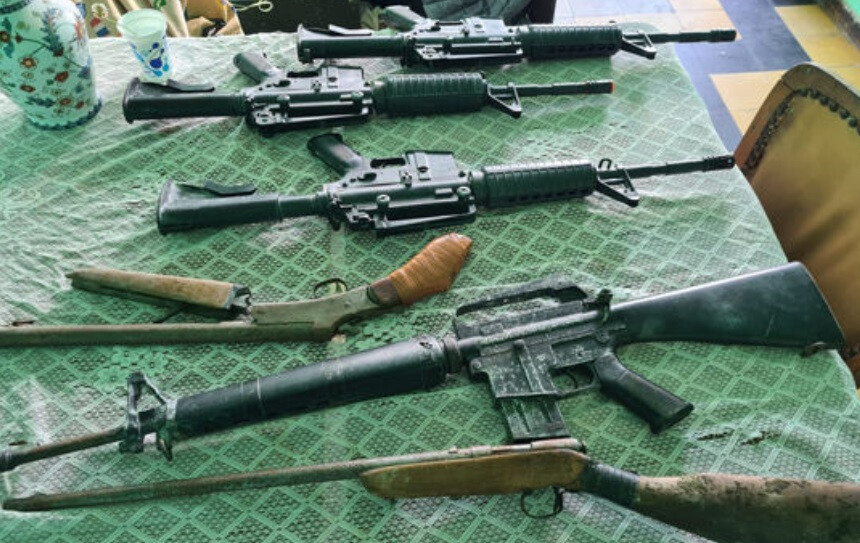
Uruguay's incoming administration, led by President-elect Yamandú Orsi, is already facing opposition over its plans to overhaul the country's criminal justice system. Key policies, including those related to incarceration and gun control, have sparked concerns among the political opposition and segments of the public.
One of the most contentious issues is the government's approach to incarceration. The new administration has signaled its intent to reduce the prison population by expanding the use of alternative sentencing. Interior Minister-designate Carlos Negro has argued that focusing solely on imprisonment is not an effective strategy for crime prevention and rehabilitation.
However, critics contend that this policy will lead to an increase in crime rates, particularly violent offenses such as robberies. They point to historical data suggesting that a decline in incarceration rates is often correlated with a rise in criminal activity. Moreover, they argue that the proposed reforms will undermine the deterrent effect of imprisonment and demoralize law enforcement.
Another controversial aspect of the new government's agenda is its stance on gun control. The administration has expressed a desire to implement stricter gun laws, with the ultimate goal of reducing the number of firearms in civilian hands. While the government argues that this measure is necessary to combat crime, opponents contend that it will infringe on the rights of law-abiding citizens and make them more vulnerable to criminals who are likely to ignore any new restrictions.
The debate over gun control in Uruguay is likely to be highly polarized, as it has been in many other countries. Supporters of stricter gun laws argue that they will make the country safer, while opponents contend that they will do little to reduce crime and will instead make it more difficult for law-abiding citizens to defend themselves.
[Copyright (c) Global Economic Times. All Rights Reserved.]






























